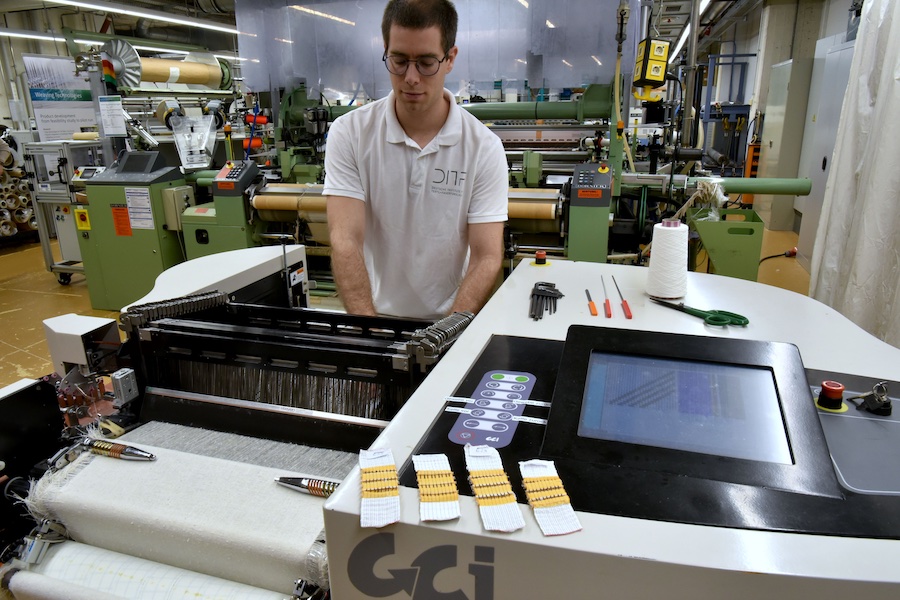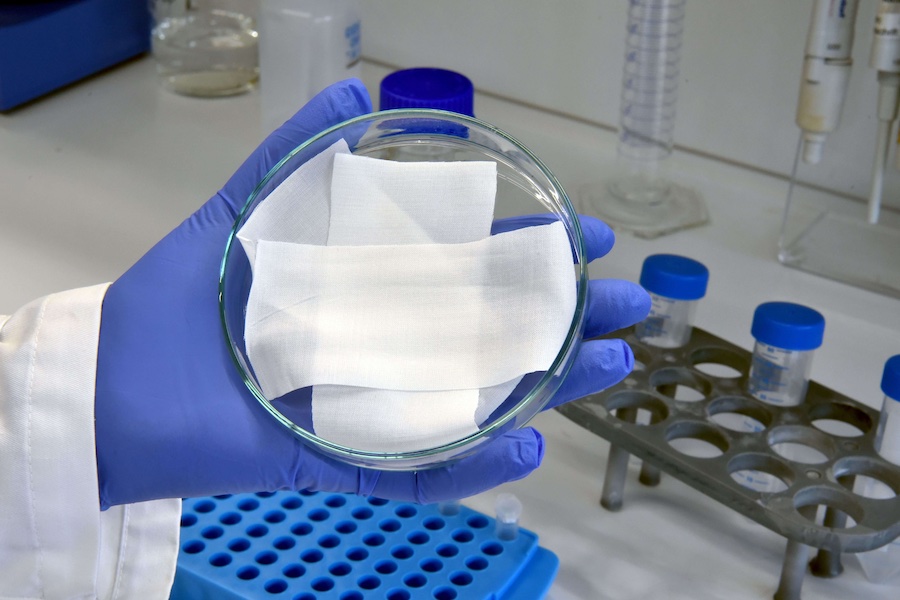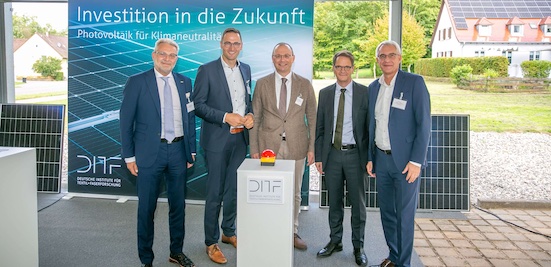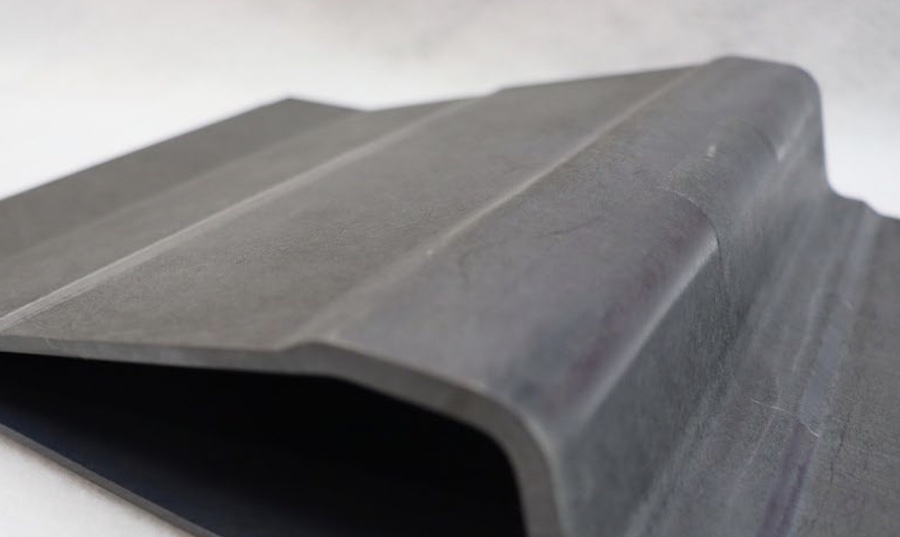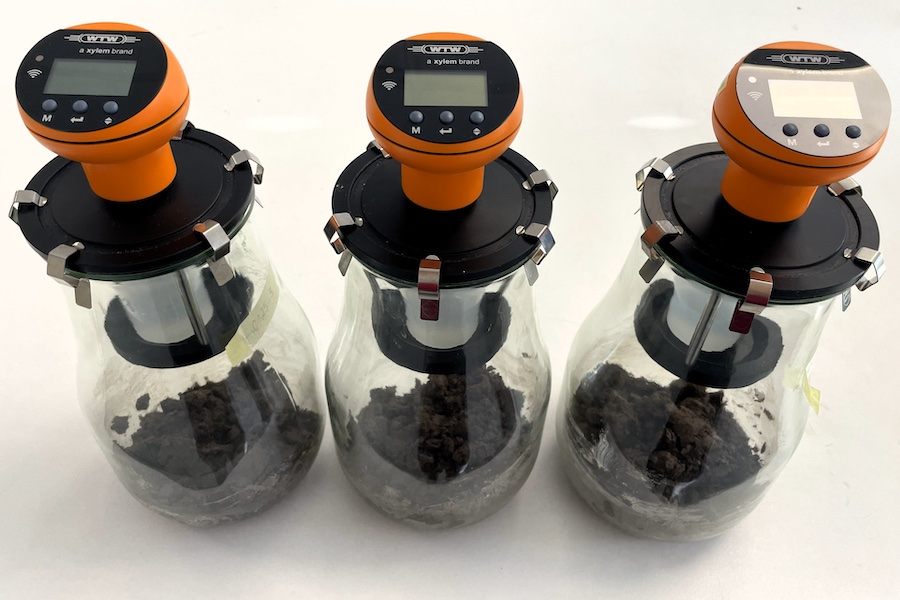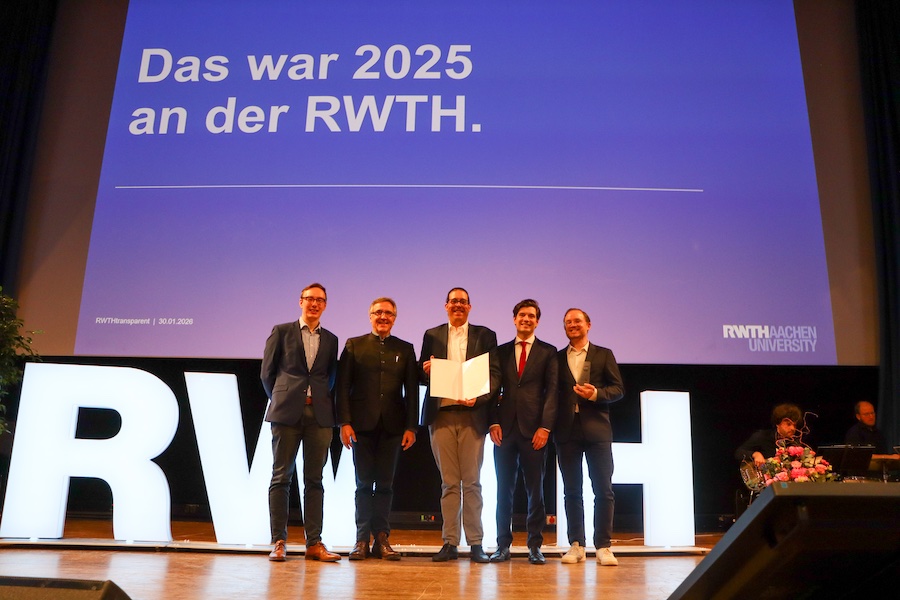#Research & Development
Cleanzone Award 2024 goes to DITF and DASTEX
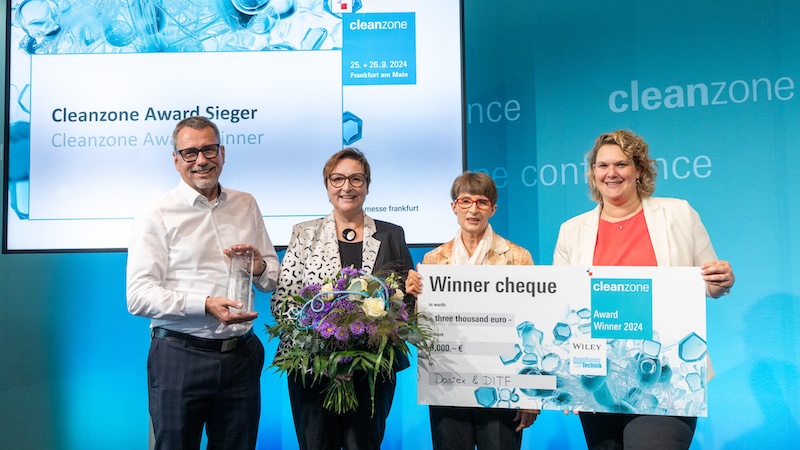
With the Realistic Bacterial Barrier (ReBa2) test method, the DITF offer a new biological method for determining the bacterial penetration for cleanroom garment textiles. Particularly in the manufacturing of sterile pharmaceuticals, bacteria, skin flakes and fiber particles that can originate from persons and their clothing pose a risk to the products manufactured in the cleanroom. Special cleanroom garments have the task of minimizing this risk. To assess the barrier function, the “bacterial penetration” is determined, among other properties. This provides information on how many bacteria from the human skin flora pass through the cleanroom garments to the outside when worn.
The ReBa2 test method largely reproduces the situation when wearing cleanroom garments and thus enables a meaningful determination of the bacterial penetration. It is also possible to consider numerous test scenarios. In addition to the influence of intermediate garments worn under the cleanroom garments, the sweating process or the pre-wetting of the cleanroom garments by liquid splashes in the manufacturing process or by disinfectants can also be tested. The method was developed at the DITF in collaboration with the Dastex Group GmbH.




